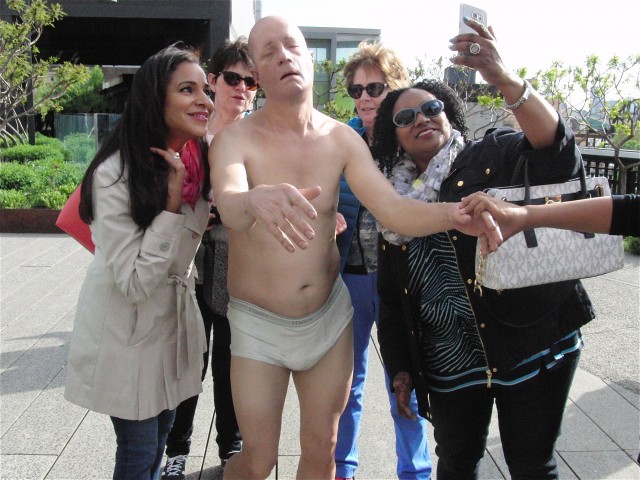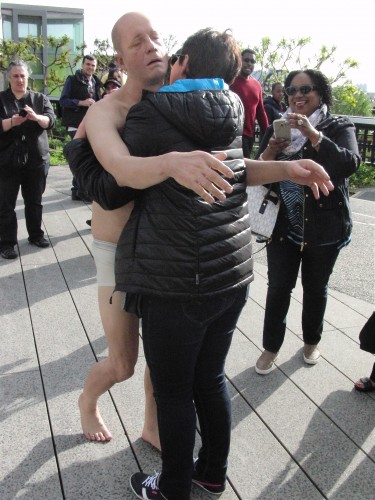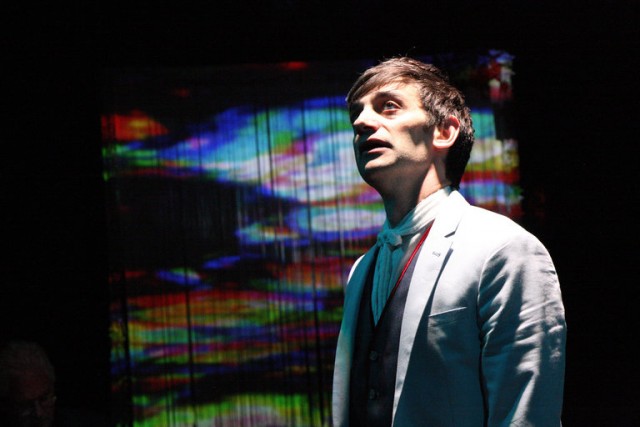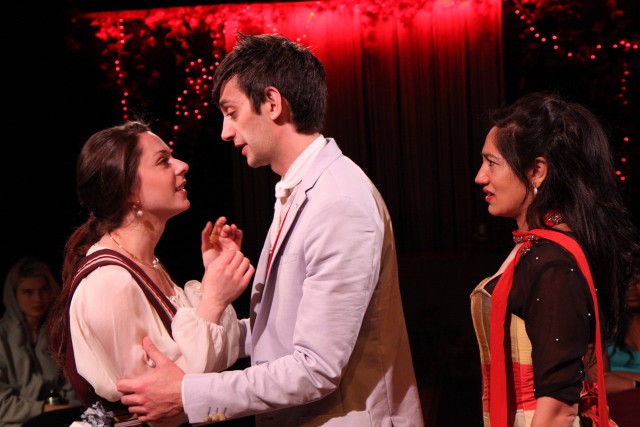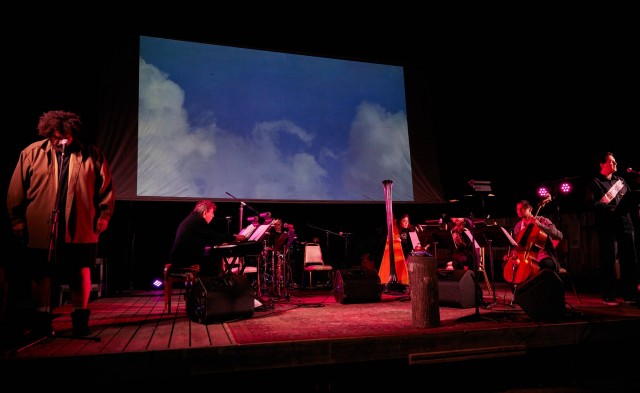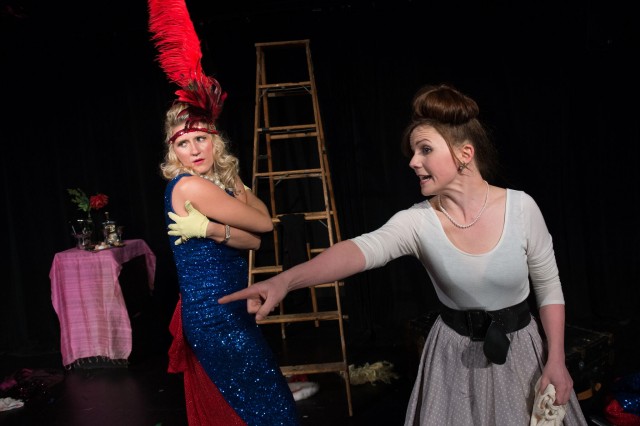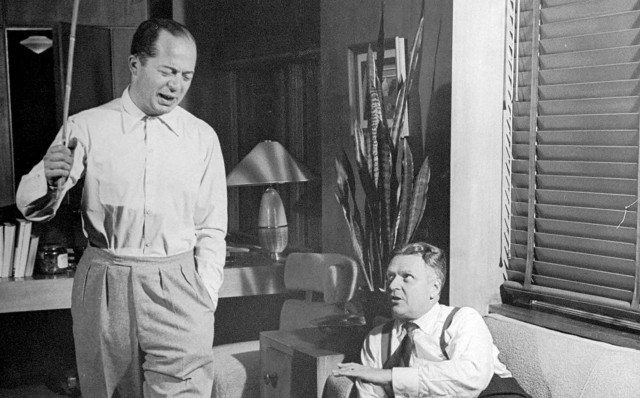
Film Forum will celebrate the collaboration between Billy Wilder and Charles Brackett at two-day academy tribute
SPOTLIGHT ON SCREENWRITING
Film Forum
209 West Houston St.
Sunday, May 15, 5:20 & 7:40, and Monday, May 16, 8:20
212-727-8110
filmforum.org
www.oscars.org
“Profile writers and Hollywood historians — the legitimate few, and a multitude of the mongrels of the species — have, without benefit of [Charles Brackett’s] diaries, created a gray-hued collage of Charlie carelessly pinned and pasted on an indistinct canvas, forever framed by the Billy Wilder legend,” Jim Moore, the grandson and biographer of screenwriter extraordinaire Charlie Brackett, writes in the foreword to Anthony Slide’s “It’s the Pictures That Got Small”: Charles Brackett on Billy Wilder and Hollywood’s Golden Age. Calling Brackett and Wilder’s collaboration an “odd-couple partnership,” Moore adds, “Two more different men you would be hard-pressed to find; two more talented ones, almost impossible to replicate; two more mercurial ones, in one place in time, have not been seen since. . . . Neither man served at the will of the other — Brackett was not Wilder’s secretary, Wilder was not the sole source of their success.” Film Forum is paying tribute to that success on May 15 and 16 with “Hollywood’s Happiest Couple,” showing three inestimable classics written by Brackett and Wilder and directed by Wilder, 1945’s The Lost Weekend and 1950’s Sunset Blvd., both of which won Oscars for screenwriting, and 1939’s Ninotchka, which was nominated for the award but lost out to Gone with the Wind. Moore will give an illustrated talk before all three screenings, which are part of the Academy of Motion Pictures Arts and Sciences series “Spotlight on Screenwriting”; in addition, he will present an academy compilation reel of Wilder and Brackett’s films following The Lost Weekend on Sunday night and Sunset Blvd. on Monday night. The dynamic duo also wrote Bluebeard’s Eighth Wife, Ball of Fire, Five Graves to Cairo, Midnight, What a Life, Hold Back the Dawn, The Major and the Minor, A Foreign Affair, The Emperor Waltz, and Arise My Love. “Worked with Billy Wilder, who paces constantly, has over-extravagant ideas, but is stimulating. He has a kind of humor that sparks with mine,” Brackett wrote in a 1936 diary entry. Together they created quite a stimulating legacy as evidenced by this brief homage.
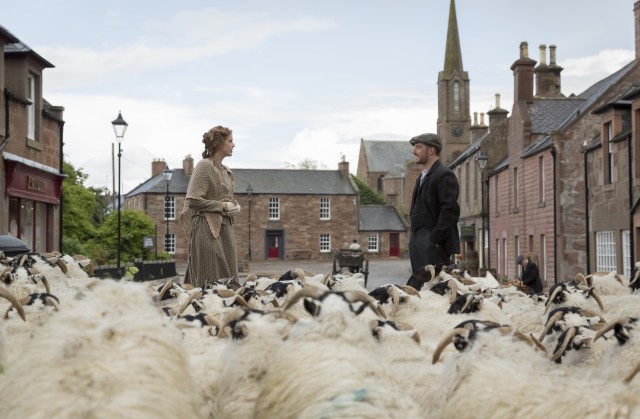
 A golden glow hovers over Sunset Song, Terence Davies’s lush adaptation of Scottish writer Lewis Grassic Gibbon’s seminal 1932 novel about family, land, war, and one young woman’s coming-of-age. Although it has the epic feel of a sweeping historical tale, the film takes place over just a few years in the second decade of the twentieth century, seen through the eyes of Chris Guthrie (Agyness Deyn). Her father, John (Peter Mullan), is a brutish farmer who runs his household with an iron fist. He lashes out, literally and figuratively, at his strapping son, Will (Jack Greenlees), who stands and takes it, choosing not to fight back, and treats his wife, Jean (Daniela Nardini), like a housekeeper and baby-making machine. In one of the most wrenching scenes of the film, John drags Jean, who doesn’t want to have any more children, upstairs to rape her in order to increase the size of their family; Jean’s terrifying screams from the bedroom evolve into shrill cries as she gives birth to twins. Following a horrific tragedy, Chris is forced to give up her education — she was studying to become a teacher — and work on the family farm. Upon meeting fellow farmer Ewan Tavendale (Kevin Guthrie), friendship turns into something more as Scotland gets involved in World War I.
A golden glow hovers over Sunset Song, Terence Davies’s lush adaptation of Scottish writer Lewis Grassic Gibbon’s seminal 1932 novel about family, land, war, and one young woman’s coming-of-age. Although it has the epic feel of a sweeping historical tale, the film takes place over just a few years in the second decade of the twentieth century, seen through the eyes of Chris Guthrie (Agyness Deyn). Her father, John (Peter Mullan), is a brutish farmer who runs his household with an iron fist. He lashes out, literally and figuratively, at his strapping son, Will (Jack Greenlees), who stands and takes it, choosing not to fight back, and treats his wife, Jean (Daniela Nardini), like a housekeeper and baby-making machine. In one of the most wrenching scenes of the film, John drags Jean, who doesn’t want to have any more children, upstairs to rape her in order to increase the size of their family; Jean’s terrifying screams from the bedroom evolve into shrill cries as she gives birth to twins. Following a horrific tragedy, Chris is forced to give up her education — she was studying to become a teacher — and work on the family farm. Upon meeting fellow farmer Ewan Tavendale (Kevin Guthrie), friendship turns into something more as Scotland gets involved in World War I.
